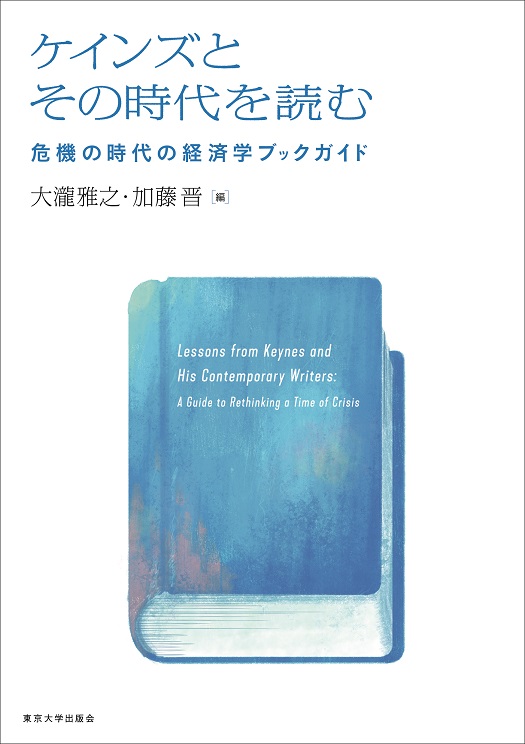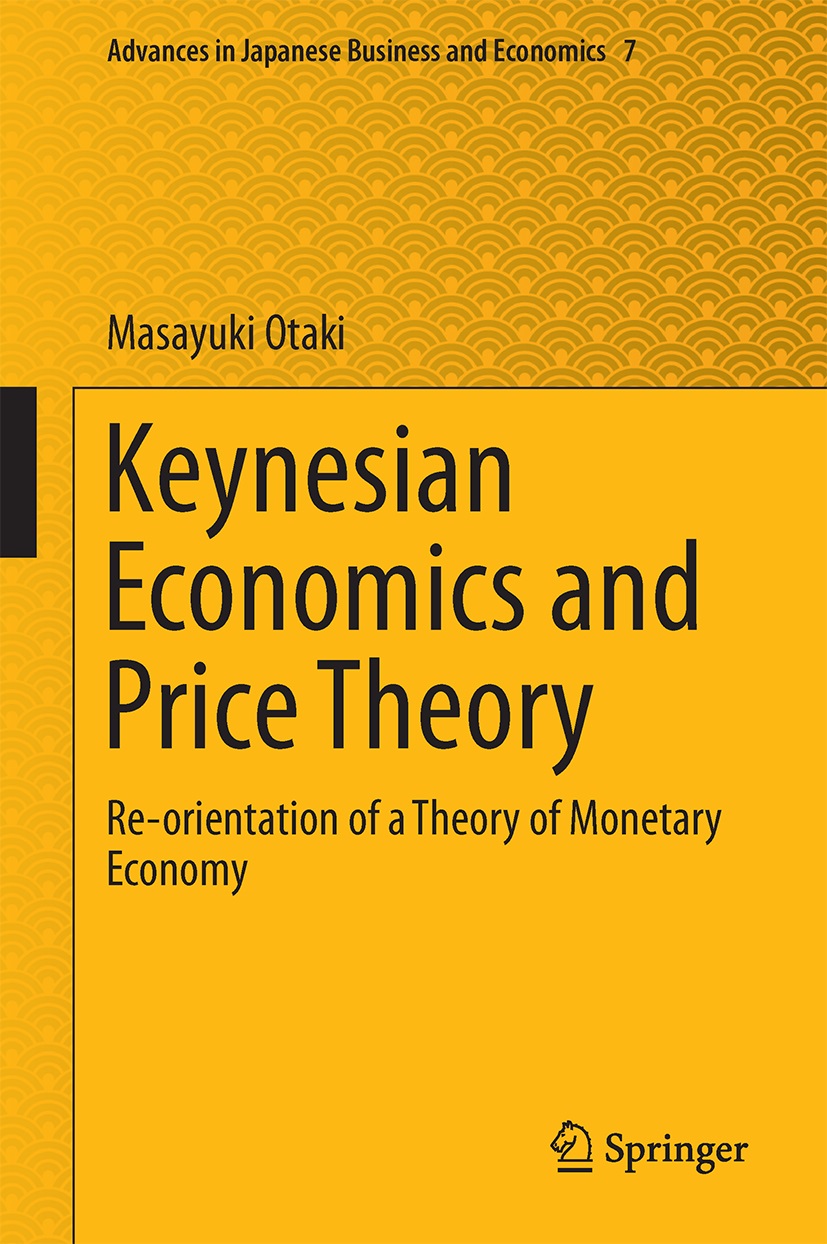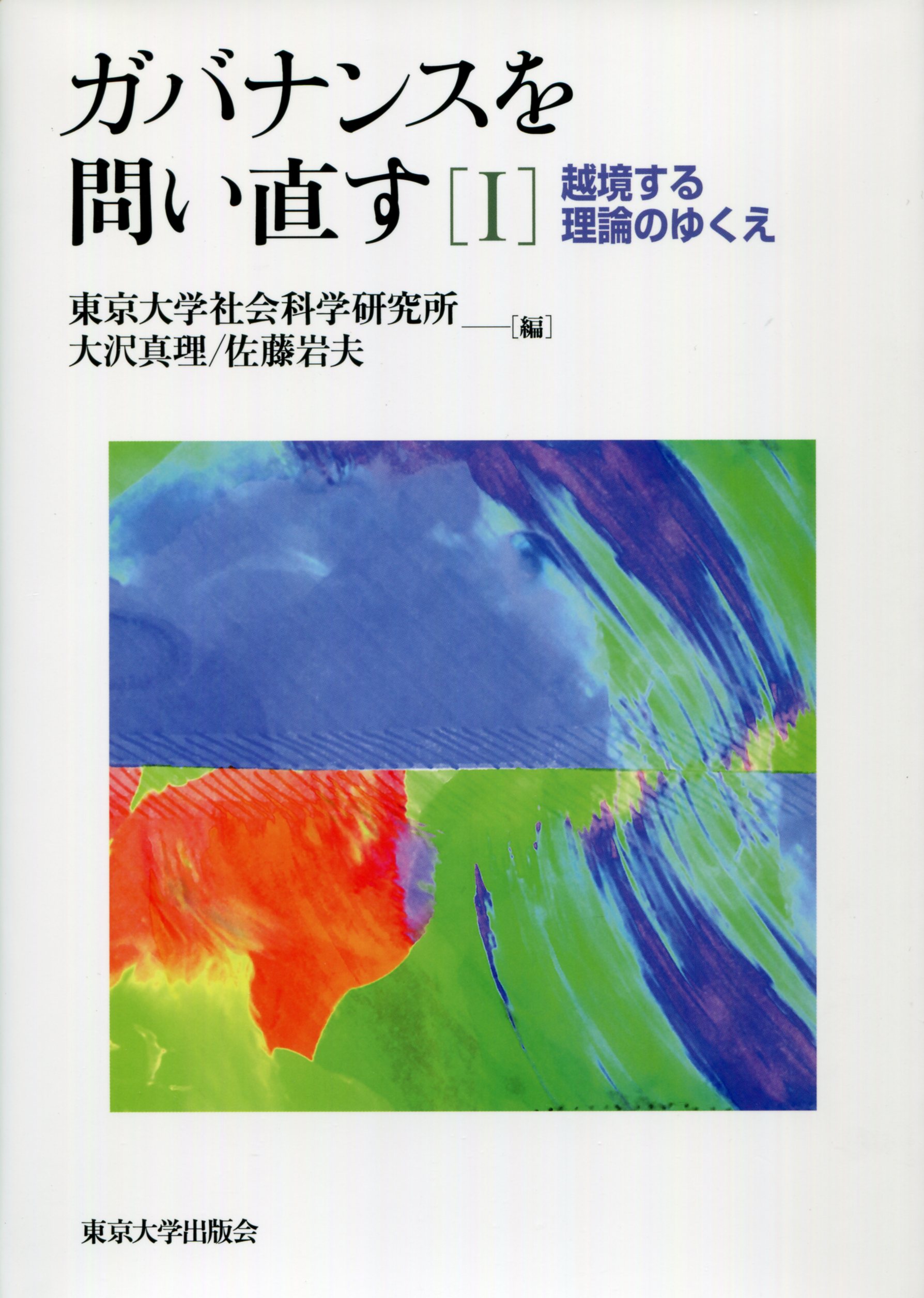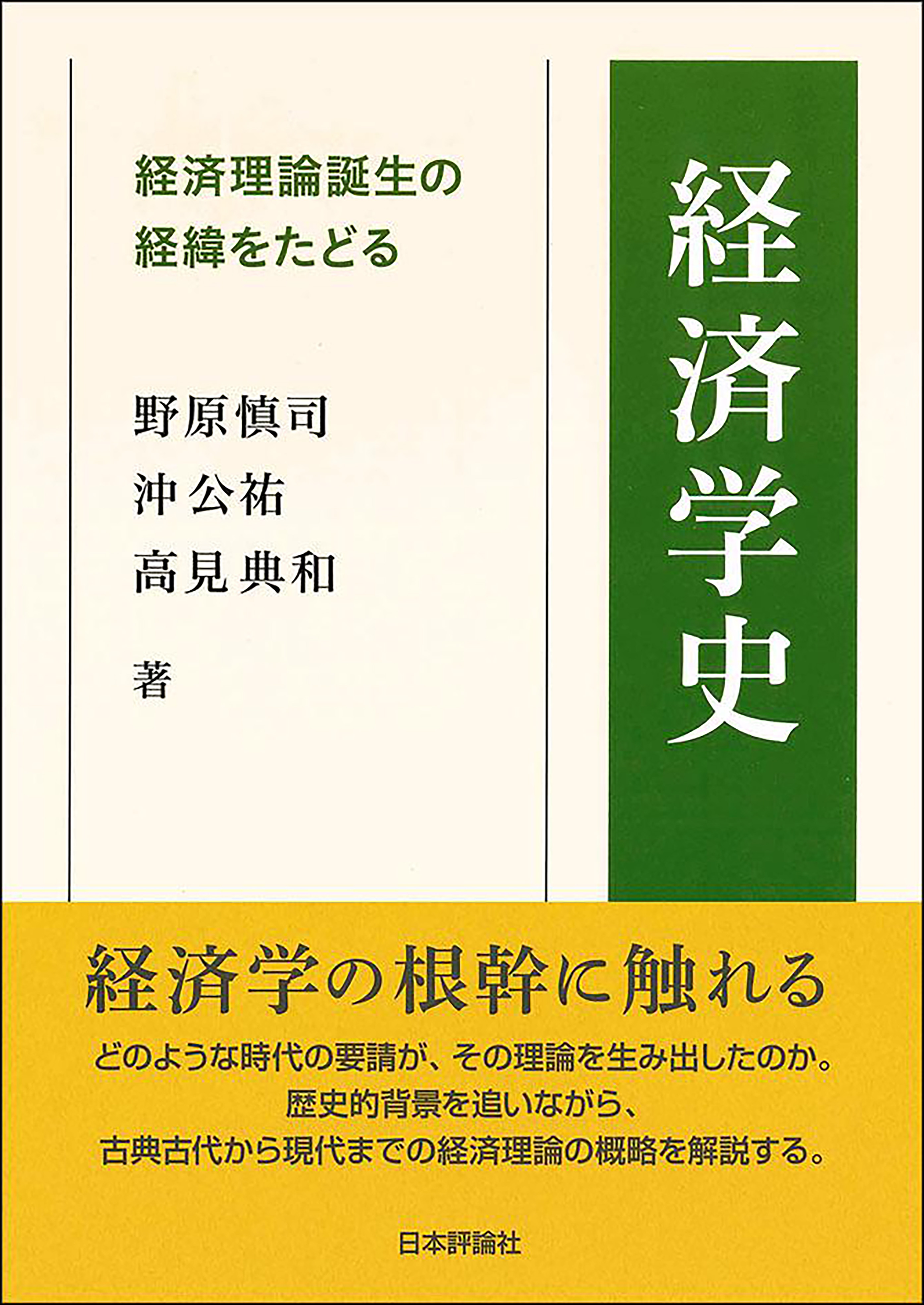
Title
Keynes to Sono Jidai o Yomu (Lessons from Keynes and his contemporary writers - a guide to rethinking a time of crisis)
Size
264 pages, A5 format
Language
Japanese
Released
July 21, 2017
ISBN
978-4-13-043038-8
Published by
University of Tokyo Press
Book Info
See Book Availability at Library
Japanese Page
This book offers basic explanations of the classical works in the social sciences in the 20th century. Each chapter is devoted to one classical writing. Notably, this book mainly focuses on the classics during the life and times of John Maynard Keynes (1883–1946). Keynes is one of the most renowned economists in history, and he persevered through the first half of the 20th century, arguably the most challenging period in human civilization. Due to Keynes' unique perspective, his writings were both wide-ranging and highly controversial. It is also noteworthy that Keynes himself was involved in policy discussions and actual politics.
This book covers 17 classic works in all, including Keynes's own writings. The choice of classics may not seem typical. Along with works by economists who were Keynes’ contemporaries, such as Richard Kahn, Arthur Pigou, and Friedrich Hayek, there are also some unusual picks, such as historian Edward Carr and Japanese journalist/politician Tanzan Ishibashi. Revision of the Treaty and The Economic Consequences of the Peace are included in the book’s list of Keynes’ writings, in addition to The General Theory of Employment, Interest and Money.
The book’s subtitle is closely associated with this selection. The fundamental issue here is that there are lessons to be learned from the works Keynes and his contemporaries during the “age of crisis.” It is no exaggeration to say that the topic of how to think and act in a society that is in crisis is a universal one, which cannot be avoided as long as people are social creatures. The same problems that we are facing in the 21st century—recessions, population issues, revolutions, pandemics, wars—were also prevalent during Keynes' lifetime. Indeed, as times change, so do the nature of crises and how we respond to them. Yet, there is much to be learned from the way those who faced difficulties in the past reasoned and used their justifications.
The application of reason and rationality is the background subject of this book. It is an important issue of our times because according to me, it is related to the notion of “totalitarianism,” which is one of the most difficult crises for mankind and the human society. Unfortunately, people do become victim to this crisis. I believe reason/rationality is the key to overcoming the likelihood of totalitarianism. Hopefully, this book can be seen as an attempt to understand these reasons/rationalities by learning from the classics of Keynes’ era.
(Written by CATO Susumu, Associate Professor, Institute of Social Science / 2023)



 Find a book
Find a book





